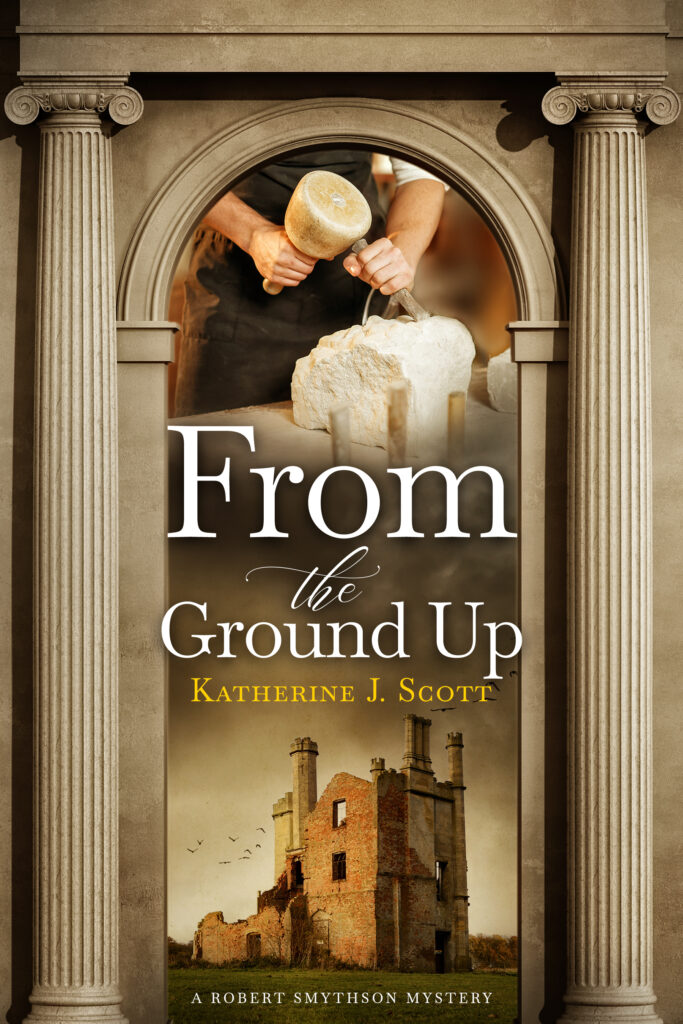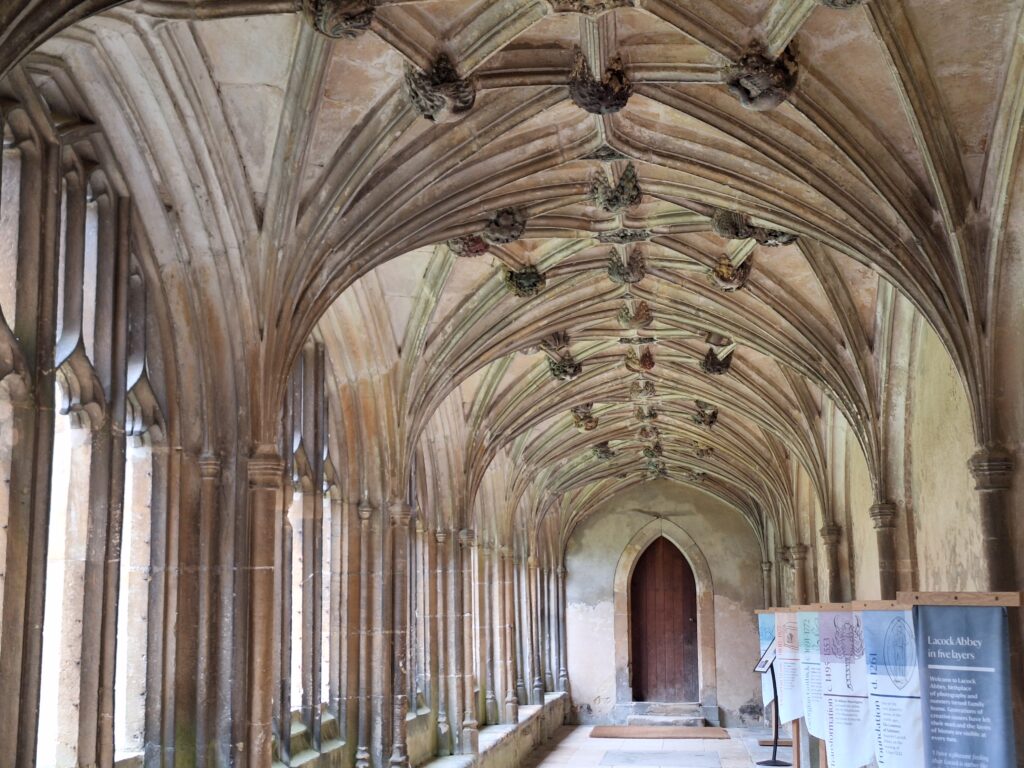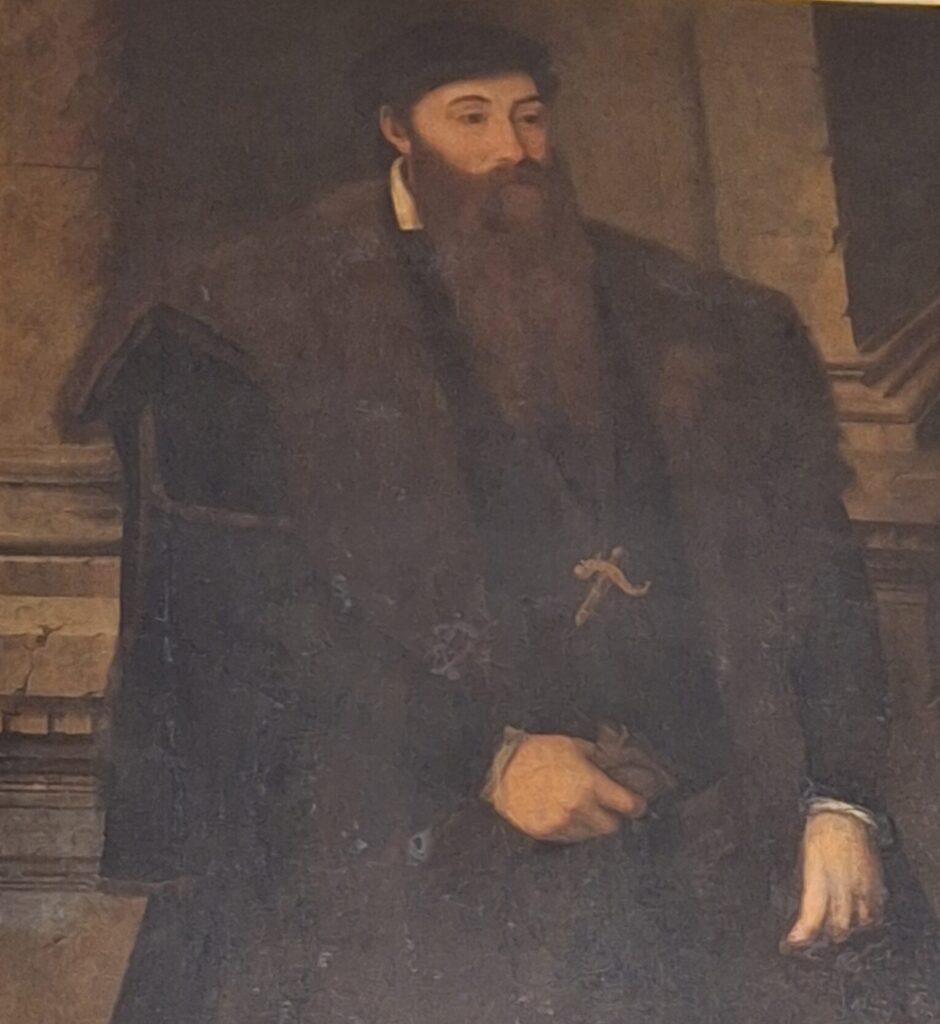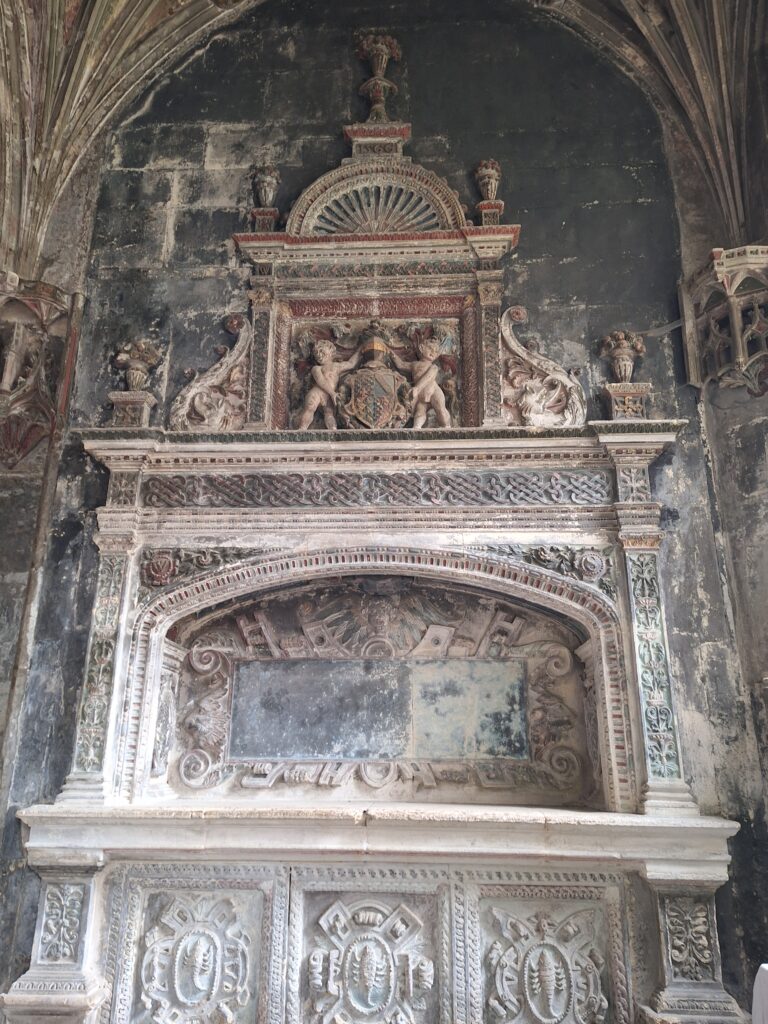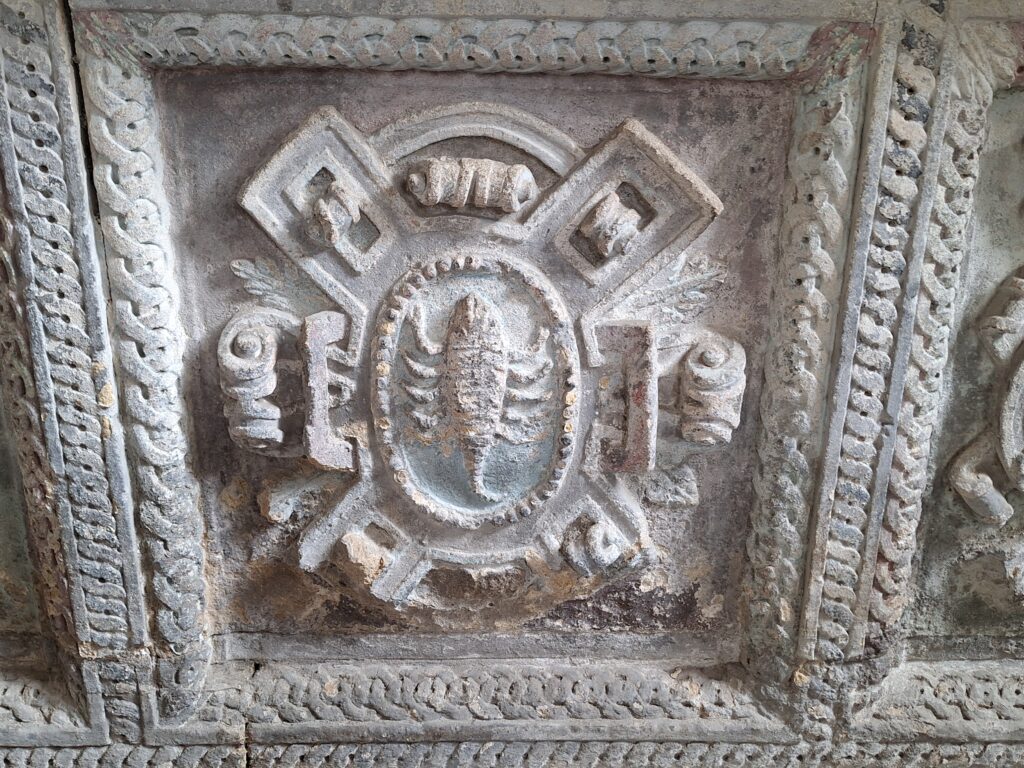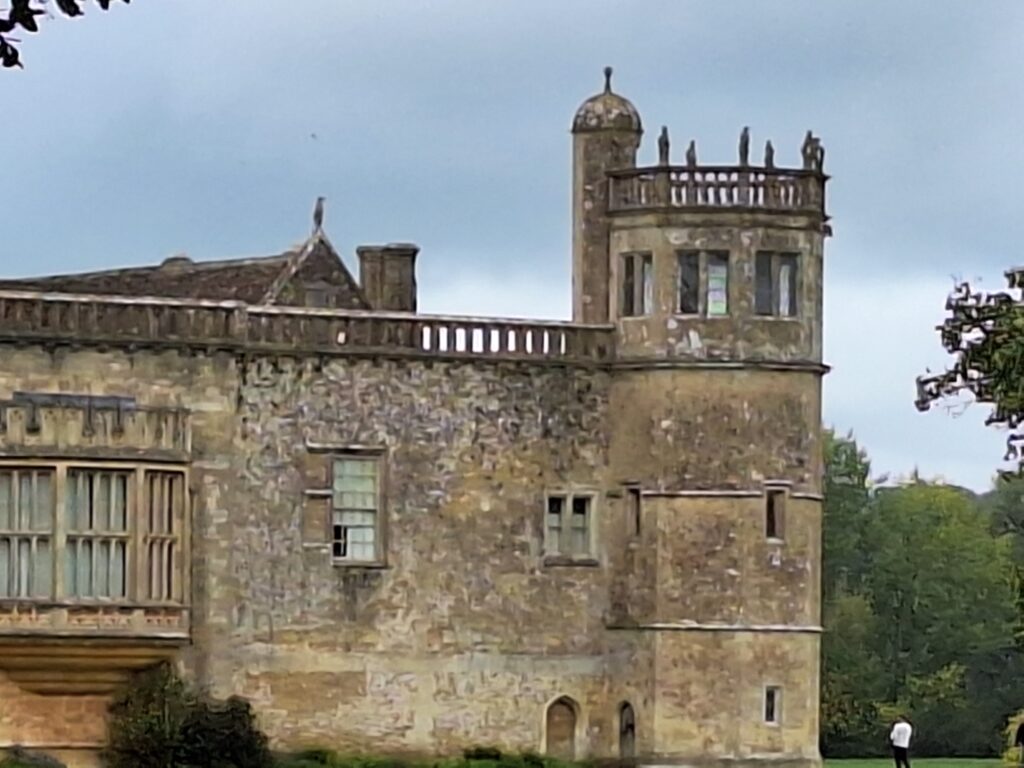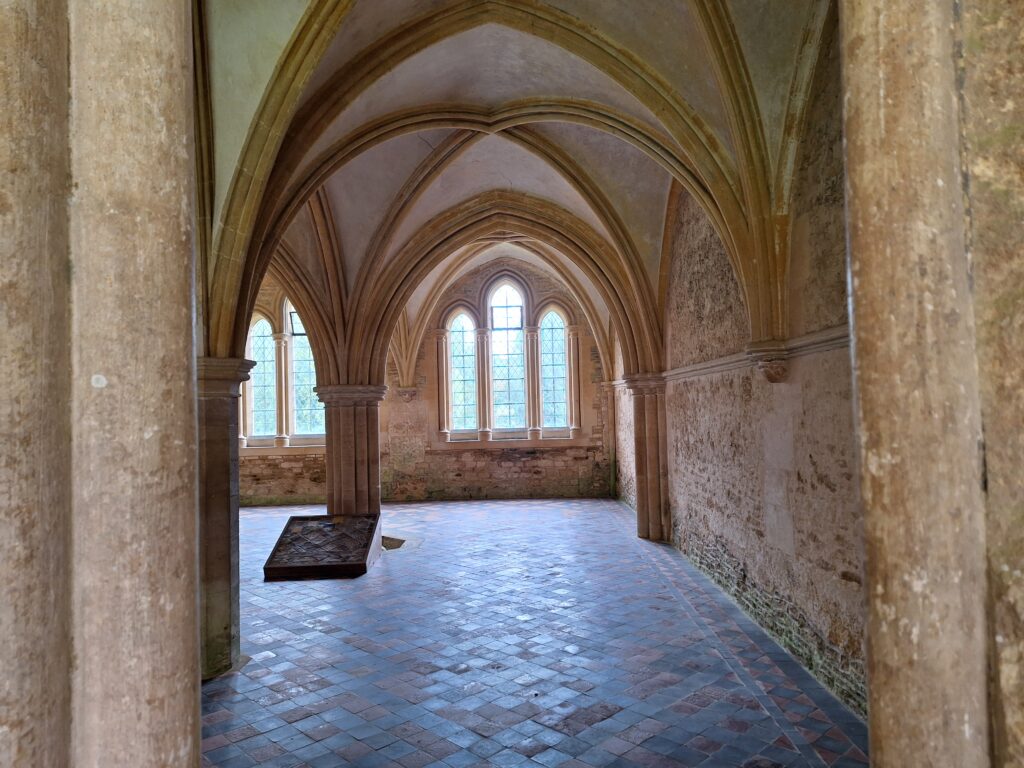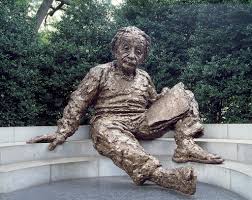From the Ground Up Editorial Review
Throughout England, wealthy men were building a new kind of house. In this time of peace and prosperity, there was no need for fortification or defense. Instead, they boldly stated their incontrovertible wealth and status through homes that faced outward, with large windows and great chambers and halls in which to entertain. Their ultimate goal: a house worthy of a visit by Her Majesty Queen Elizabeth, and her court. Stonemason Robert Smythson was on his way to join the workforce at
Longleat, where Sir John Thynne was building his legacy, a house that would proclaim his worth for generations to come.
From the Ground Up: A Robert Smythson Mystery by Katherine J. Scott skillfully combines historical fiction and mystery. The tale is an engrossing voyage into the world of stonemasonry, intrigue, and peril, all set against the backdrop of 16th-century England. Both history buffs and mystery aficionados should read this because of Scott’s painstaking research and evocative words, which clearly depict Elizabethan England.
Our story begins in Wiltshire, England in March of 1568. The tone is established right away by Scott’s first line, which offers the reader a vivid look into Robert’s world and engrosses them in the majesty and danger of his line of work. To keep readers interested right away, the opening paragraph creates an instant sense of tension that invites you to keep reading.
In the book, the strong and domineering Sir John Thynne hires Robert Smythson, a skilled stonemason, to rebuild Longleat following a catastrophic fire. An architectural endeavor swiftly turns into a dangerous mystery as a terrifying discovery threatens to uncover secrets concealed beneath the estate’s walls. In order to seek justice, Robert must navigate betrayals, rivalries, and his own difficult past while being caught up in both political and personal danger.
Moments later, without an opportunity to clean the mud from his clothes and boots, a servant led Robert to Sir John Thynne’s business chamber. In a dark-paneled room behind an enormous wooden desk sat Sir John, intently studying an accounts ledger. Me was a thick-set man with a long face covered on top by receding dark hair and on the bottom by a full dark beard. Mis eyes were dark and glowering, covered by heavy brows, and his muscles bulged beneath a worn velvet doublet. He looked up, flashed a dark glare of disapproval at the interruption, and turned his gaze to the newcomer. “The mason Robert Smythson. You’ve been expecting him.” The servant hastily made the introduction, then fled, leaving Robert hovering in the doorway under Sir John’s penetrating gaze.
“Smythson? Thought you’d be bigger. About time you arrived.”
Scott crafts a plot that progressively builds tension by finding a balance between historical authenticity and an interesting whodunit. Because Robert is battling for his reputation, means of support, and loved ones in addition to investigating a crime, the stakes feel personal and very high. The novel captivates readers from beginning to end because of the levels of suspense and the evocative environment.
The book is well formatted and well-edited, making it easy to read. There aren’t any typos or grammatical errors to get lost on. The dialogue and descriptive sections are well-balanced throughout
the fluid narrative. Scott’s language is richly textured and approachable, bringing the era to life without overpowering the reader with antique terminology.
The protagonist Robert Smythson is incredibly captivating. He is both approachable and admirable because of his commitment to his work, sense of justice, and personal conflicts. His relationship with Sir John Thynne is especially interesting; one man is motivated by ethics and talent, while the other is by control and legacy. It’s interesting to see how they approach situations. Because Robert must choose between risking everything and compromising his morals, this conflict gives the plot complexity.
Equally well-drawn are the supporting cast. Every character, from rival masons to political plotters, adds nuance to the story. In an era when women’s roles were frequently constrained, the female characters are especially powerful, offering emotional depth and autonomy.
He looked down at his hands and remembered one evening when Anne had offered to help Robert with his tools. He had been meeting with Sir Francis at the Knollys family home, Greys Court, and had done some repair work to a damaged gateway while he was there. Anne had visited him and remained once the work was done. Robert had looked down at his heavy tools, covered with dust and chips of stone, and the rags he used to wipe them down. Then he’d looked at her hands, soft, delicate, and small. He had followed his impulse to reach out and take one of her hands. It was as soft as he had imagined. It looked even more delicate lying in his large, dirty hands. The hands of a mason grew older than the man himself. It was impossible to avoid injury when you were learning the craft, and you carried the scars with you always. “No,” he had replied. “I don’t need you to hurt these beautiful hands. You help me just by giving me your company.”
Flow of the story is very well done. Scott makes sure that everything proceeds smoothly and without any startling contradictions. The seamless transitions between the story’s architectural details and the developing mystery support the novel’s historical accuracy without reducing its pacing. The climax of the book is satisfying and powerful. Scott creates a conclusion that resolves the mystery while maintaining enough interest to make you want to read more. Emotionally rewarding, the ending strikes a balance between justice and the complex realities of Elizabethan culture.
From the Ground Up is unique because it blends murder mystery and historical fiction. Scott explores the artistry and accuracy of stonemasonry, which is a unique but intriguing prism through which to examine Elizabethan culture, whereas many historical books concentrate on significant political events. The book
does an excellent job of making history intelligible, even for people who might not often be interested in the genre.
Scott has an elegant and engrossing writing style. It strikes the perfect mix between historical accuracy and readability to produce a novel that is both entertaining and educational. The architectural artistry is meticulous without being intrusive, and the dialogue flows easily. There is a defined beginning, increasing suspense, and a climactic finale to the story’s well-structured arc. Excellent pacing prevents readers from taking needless breaks and keeps them interested. Every plot point is addressed in a pleasing and natural way.
From the Ground Up is a captivating novel that skillfully blends mystery, suspense, and history. Scott’s intricately detailed world will captivate readers even if they are not familiar with historical fiction. The novel is remarkable because of its thorough research, compelling plot, and well-developed characters.
5 stars from The Historical Fiction Company and the “Highly Recommended” award of excellence

